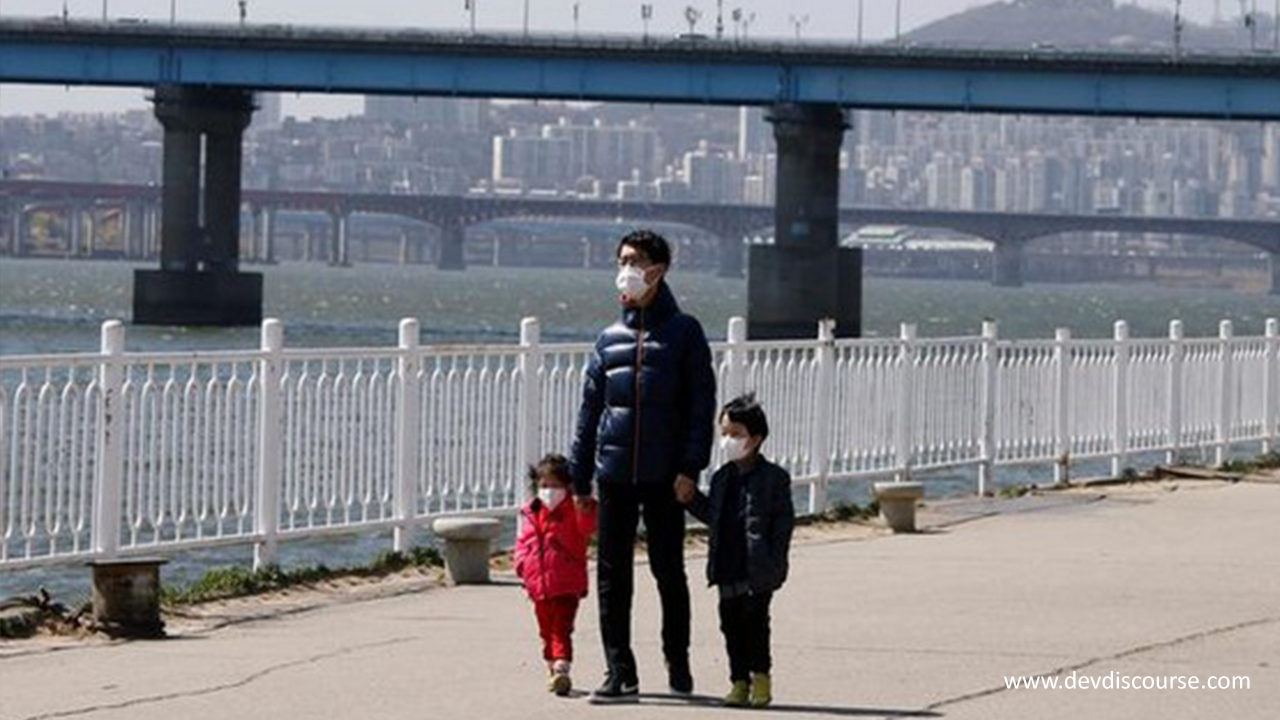South Korea laid out rules on Friday for a two-year come back to a post-coronavirus ordinariness including adaptable working, appointments on an open vehicle, and snappy eatery suppers in a nation that has been a good example in containing COVID-19. The Korea Centers for Disease Control and Prevention (KCDC) announced only six new cases, the least number since the Feb 28 pinnacle of 909 in South Korea, which endured the main major coronavirus scourge outside China.
With no new passings, the cost stayed at 240, and specialists trust every day new cases will drop to focus in the coming days in the wake of plunging underneath 10 on Sunday following a few days over that level. All out recorded contaminations are at 10,708 in the nation of very nearly 52 million individuals.
Broad testing concentrated contact following, and the following applications have empowered South Korea to constrain the spread of the infection with social separating instead of extensive lockdowns. Seoul has expanded its social separating approach until May 5, while offering some help for holy places and game offices, however, asked cautiousness as imported cases and littler groups kept on developing.
"A few specialists foresee COVID-19 will remain for up to two years, and we need to acknowledge the truth that we can't return to pre-COVID-19 life during that time," Vice Health Minister Kim Gang-lip told instructions.
"The legislature is setting up progress to a practical routine removing plan to do customary social and monetary action and forestall COVID-19 diseases simultaneously," he said.
The rules detail a set of accepted rules in territories including work environments, transport, eateries, shopping, and donning installations, beginning with general principles, for example, washing hands, keeping up separation and customary temperature checks, and sanitization.
Any individual who voyaged abroad inside the previous fourteen days ought not to go to work for quite a while, and work environments are emphatically prescribed to utilize video gatherings, web-based preparing, remote work, and adaptable hours.
Travelers on an open vehicle need to wear a veil and have a go at booking a seat in void columns, while versatile installments ought to be utilized for taxis.
The rules asked individuals to invest negligible energy at eateries and bistros and utilize singular plates to share nourishment.
The proprietors of the organizations should put seating separated, isolated by segments if conceivable, and effectively advance takeout and conveyance benefits close by online installment. Private institutes and strict offices are emphatically encouraged to give hand sanitizers however no nourishment.
In shopping centers, clients ought not to test tests and should hold up at any rate 1 meter (39.4 inches) behind others at checkouts, while retailers should abstain from requesting for business and holding first-start things out served occasions. South Korea's securities exchange has ricocheted back and bond inflows lead Asia, as speculators wager on Seoul's treatment of the emergency.
Authorities state the technique will possibly work if individuals stay vigilant.
"The greatest indication of peril in our general public is turning out to be indiscreet that the dangers of diseases are gone," KCDC chief Jeong Eun-kyeong said at a different instructions

 With no new deaths, the toll remained at 240 and authorities hope daily new cases will drop to zero in the coming days after dipping below 10 on Sunday following several days above that level
With no new deaths, the toll remained at 240 and authorities hope daily new cases will drop to zero in the coming days after dipping below 10 on Sunday following several days above that level






.jpeg)












.jpeg)









.jpg)


.jpg)
